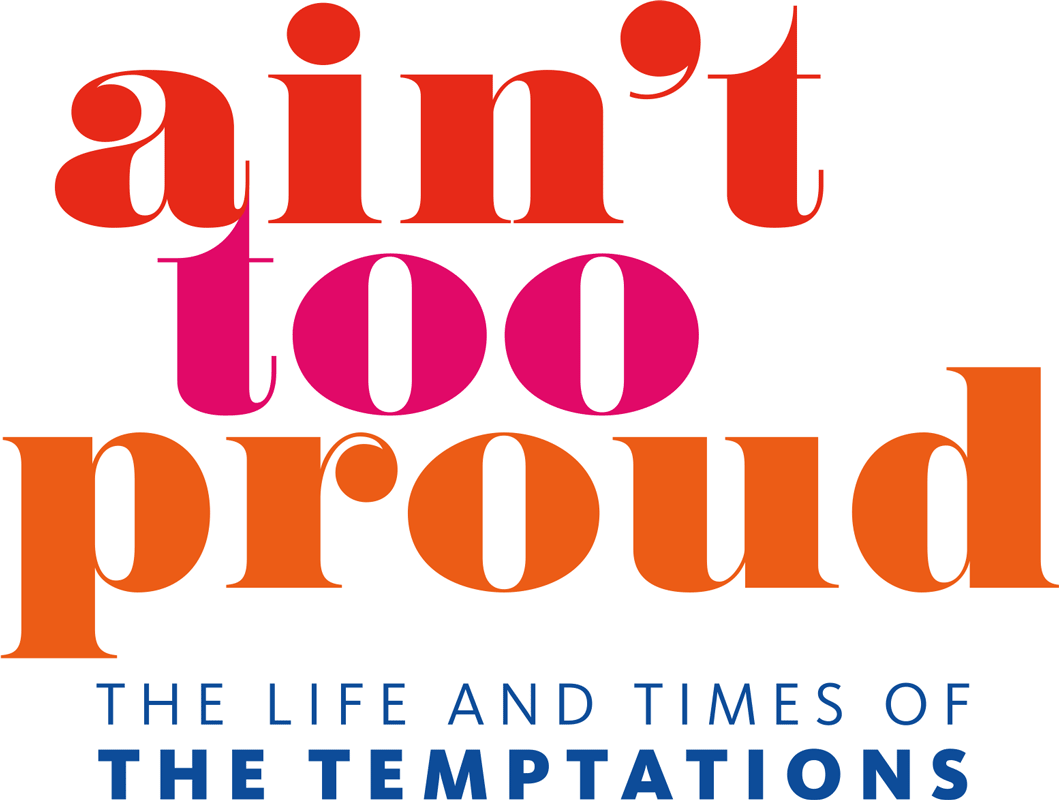Bringing Something New to The Temptations
An Interview with Playwright and Detroit Native Dominique Morisseau


The story of these young African American men navigating their identities, their music, and their role as artists at a time when the nation was in great civic and social unrest—I just think that speaks for now,
said Dominique Morisseau.
Morisseau—the acclaimed, award-winning playwright best known for her three-play cycle The Detroit Project and hot off a stint writing for the Showtime series Shameless—was explaining how she approached the writing of the book for Ain’t Too Proud—The Life and Times of The Temptations, onstage at the Ahmanson Theatre August 21 – September 30, 2018.
As a Detroit native growing up in the long shadow of the Baby Boomers, her parents’ generation, exposure to The Temptations was inevitable and inescapable. There’s not a Detroiter of my generation that did not grow up in some capacity on Motown,
said Morisseau. Being able to tell this story from a generation removed allows me to see it from my parents’ lens, the Generation X lens, and through the Millennial lens. I feel like I’m merging those three generational points of view into the story.
Because I didn’t live through it the first time, I get to have a wide view of it,
she added of the history the show encompasses. Looking back on it I get to see it in a different way. That makes the music mean 20 more things than even the people that lived through it probably even imagined.
Societal sea changes also lent fresh contexts to the deceptively multi-leveled music. These lyrics that are love lyrics really sound like they’re talking about more than a traditional relationship between men and women,
she said. It sounds like this could be a relationship between anyone: a man and a man, a woman and a woman, this could be a relationship between men and their nation. And I just started operating on all these levels, and that’s how the songs revealed themselves to us, as opposed to anything we did brilliantly. The music itself just moves through time brilliantly on its own.
The creative team’s instincts about the music received some particularly trenchant validation during its recent Kennedy Center run, she revealed. Representative John Lewis came to our show a couple of nights ago,
she recalled. And this is John Lewis who did the Freedom Rides and the civil rights movement, and started the March on Washington with Dr. King.
During a meet-and-greet after the show, Lewis shared a key bit of insight about just how deeply the music mattered to the movement. He said, ‘If not for the music, the civil rights movement would have been a bird with no wings.’ And I just thought, ‘God—you can’t write that better.’ It was one of the most profound things anyone’s ever said to us about the show.
But the full effect isn’t only a lesson in the historical significance of pop songs, particularly when so many of the messages in the music also ring true in today’s increasingly divisive and racially charged cultural and political climate. You know The Temptations’ music, but you’re getting a different delivery of it with this show,
she said. I’m very excited about how we use the element of theatre to really deepen and transcend the meanings in some of the songs. We’re finding new meaning in their music that I think speaks to a very contemporary context.
